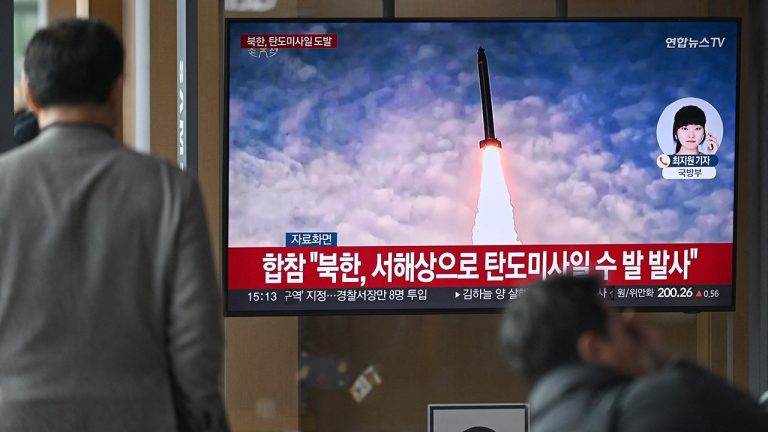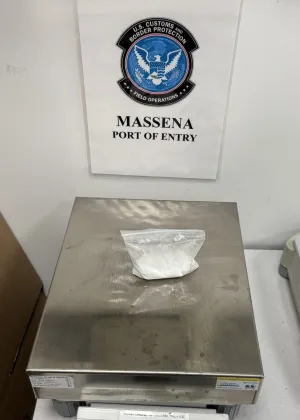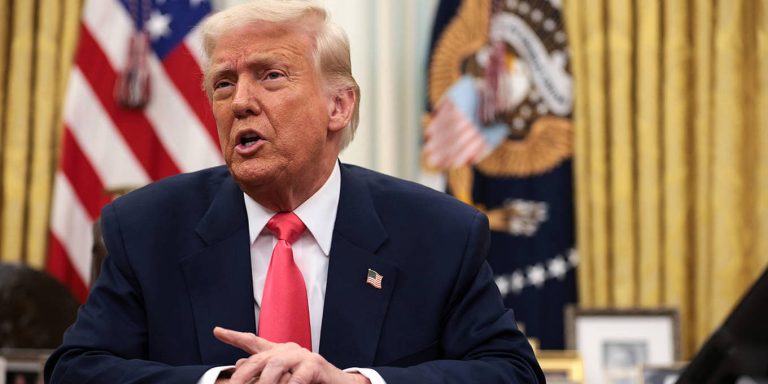A trial court in Arizona has ruled that the Mexican government may proceed in its trailblazing lawsuit against five US gun dealers, who stand accused of facilitating gun trafficking across the border into Mexico.
Mexico argues that the companies’ marketing campaigns and distribution practices mean that they are legally responsible for the bloodshed that their guns contribute to.
This is the second such case that the Mexican government has brought in US courts this year, having also accused US gun manufacturers of facilitating the cross-border arms traffic in a case in Massachusetts.
“[The Mexican lawsuits] emphasize the responsibility of companies regarding how they produce and sell their weapons.”
Gun sales are highly restricted in Mexico itself, where there is just one gun store, run by the state.
Yet the Mexican government estimates that 200,000 firearms are smuggled over the border from the US every year.
This fuels a level of insecurity and violence that is extraordinary in peacetime: for the past six years, Mexico has seen more than 30,000 homicides a year.
Some 70% of the guns used in homicides in Mexico have serial numbers that can be traced back to US gun shops.
Between the two cases, Mexico is seeking $25bn in damages. But it also seeks to shine a light on industry practices and force change, thereby reducing the flow of weapons into Mexico and the gun violence they add to.
In both cases, the gun companies sought protection under the Protection of Lawful Commerce in Arms Act, which prevents them from being held liable when crimes have been committed with their products.
The trial court in Massachusetts initially dismissed Mexico’s case on those grounds, but Mexico appealed, and the decision was reversed in January.
The gun manufacturers have said they will ask the supreme court to take the case on. But the supreme court only takes a fraction of cases where review is sought by defendants.
By contrast, the trial court in Arizona accepted Mexico’s case against gun dealers. This means the “discovery” phase can begin right away, in which Mexico is entitled to ask for documents from defendants, and company executives may be questioned under oath.
“We’re off to the races in the Arizona case,” said Jonathan Lowy, president of Global Action on Gun Violence, which is co-counsel in both cases.
To win, Mexico will need to convince the juries that the companies’ design choices, marketing campaigns and distribution practices are sufficiently connected to gun violence in Mexico for them to be considered responsible.
The lawsuits could provide a template for future legal actions to change the way the gun industry operates, for example forcing manufacturers to produce firearms in a way that makes it harder to convert for greater lethality.
“This could lead to a massive reduction in the sale of crime guns supplying both cartels in Mexico and also criminals in the US, because the same industry practices supply both,” said Lowy. “It would save a great deal of lives – on both sides of the border.”
Even if Mexico doesn’t win the lawsuits, it has put the issue of smuggled firearms as a catalyst of violence squarely into the public debate for the first time.
“For many years the conversation was dominated by drugs going from Mexico to the US, and nobody mentioned firearms,” said Pérez-Ricart. “It’s crucial that we talk about firearms as a matter of greatest importance in foreign policy.”






